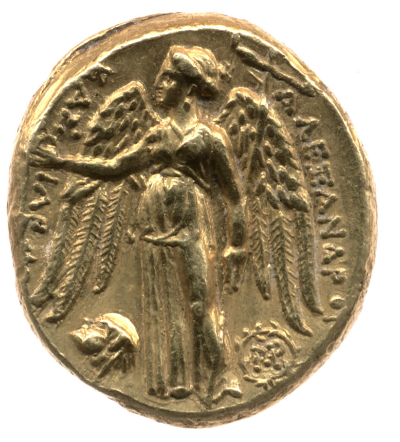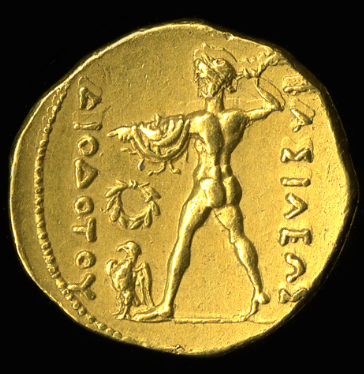
I stayed out of the recent #presentism "History Wars" because: I'm not a fool; I'm caring for a spouse w/ COVID and a geriatric dog (16+) on steroids and opioids; David Bell & Joan Scott both pronounced, so who needs another historian of France in the fray? But...
I agree historical analogies are theories, insofar as theory = "way of seeing"*. For sure, some ways of looking at things can be more helpful, more generative, than others. Some can be flat out wrong; others, "not even wrong." But testable?
https://twitter.com/Noahpinion/status/1563496555897921536
* It's been decades since I learned the etymology of the word "theory"--it has nothing to do with models or empiricism. A theory is not a scale likeness and it isn't (as Jann Matlock @autopsiesgroup used to say) a string of lights into which you plug your text or event. 

So while an analogy is a theory (and any figure of speech is a tiny little bit of theorizing), "testing" it only seems important when/if those offering it assert a particular analogy has predictive power. I personally try not to do that; history _doesn't_ repeat. 



In his "The Wisdom of the Historians," @Noahpinion suggested that many now see historians (especially, I would add, political historians of the USA and or 20C Europe) as 

IFF historians are positioning themselves in such ways, or if others idealize them as "high priests" then that is v troubling. Henry Rousso, historian of Vichy, refused to testify in trials of collaborators; he said "studying the past and judging it should be distinct...
Rousso, cont.: because it is authoritarian regimes* that tell us what History _must_ mean.
In democracies, the meaning of the past will be/should be debated, not taught as dogma.
* one colleague is doing fascinating work on the "popular histories" allowed in China today.
In democracies, the meaning of the past will be/should be debated, not taught as dogma.
* one colleague is doing fascinating work on the "popular histories" allowed in China today.
But is it just "historians" who argue by means of analogy with the past?** Of course not!
Economists (!) for instance, do it all the time.
As @adam_tooze rightly notes about current "inflation" chatter:
Economists (!) for instance, do it all the time.
As @adam_tooze rightly notes about current "inflation" chatter:
https://twitter.com/adam_tooze/status/1563598319208714240
** The strength of history/historians OUGHT to be that we know how to think about contingency and about the ways in which the history you think you know _interferes_ with seeing the present for what it is. (trauma, indeed).
For instance, not all "inflations" are the same...
For instance, not all "inflations" are the same...
... and it might well be more blinkering than it is enlightening to refer to all instances of price increases as "inflation." Doing so is implicitly analogic, implicitly theorizing that this price increase and that one and that one all resemble each other more than they differ.
Society is simply too complex (and ever changing) for any effect (like rising prices) to be "the same" in 1790s France, 1920s Germany, 1940s Hungary, the 1970s, and today. As @adam_tooze writes about Powell, it's a ritualistic invocation of the past (cf Tocqueville in 1848)*: 

* note: "cf" means "compare" it does *not* mean "is exactly the same in every respect."
One last thought re #presentism: @delong said all history has to be about explaining the present; otherwise, it's just gawking at the peculiarities of the past (circus tent, I think he said).
One last thought re #presentism: @delong said all history has to be about explaining the present; otherwise, it's just gawking at the peculiarities of the past (circus tent, I think he said).
I disagree. Studying the past "on its own terms" doesn't = antiquarian exoticism.
Because if the past was different, the future could be too. The present may be the result of choices made in the past, but those choices were not inevitable.
Because if the past was different, the future could be too. The present may be the result of choices made in the past, but those choices were not inevitable.
And now I am grateful to @delong for the reminder: SHOULDN'T YOU BE DOING YOUR DAY JOB?!!! and I will get off Twitter for a few hours at least...
• • •
Missing some Tweet in this thread? You can try to
force a refresh














